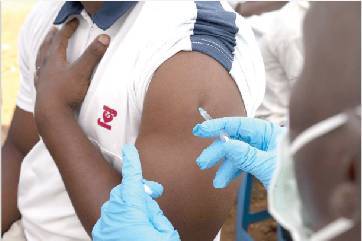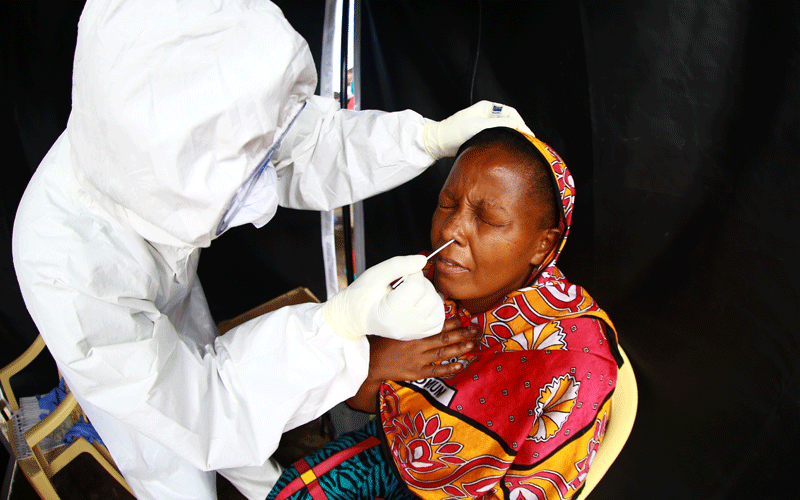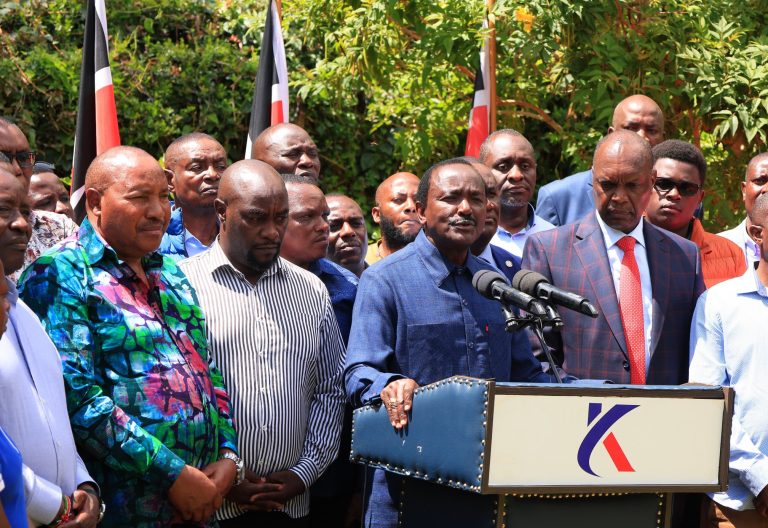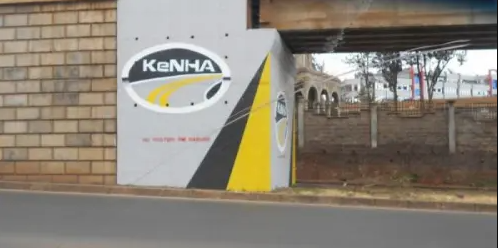From an e-commerce boom, to pop-up culture
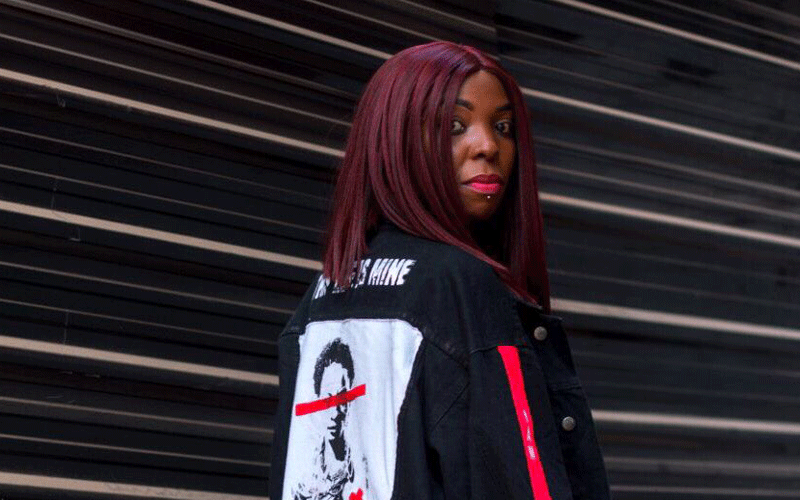
From an e-commerce boom, to pop-up culture, Kenyan fashion industry is proving immune to the Covid-19 crisis, writes Jackson Onyango
Despite the devastating pandemic, Kenya’s avant-garde street wear fashion heads continue to put a brave face.
Not going down without a fight, the fashion entrepreneurs are in the deep-end to keep their businesses afloat.
Imagine five years of some painstaking work going down the drain without any insurance in just less than a year.
That is exactly how Nairobi’s premium street fashion aficionados felt watching their shops and businesses go downhill after some few months of the pandemic lockdown measures.
“Before Covid-19, it was a smooth sailing. Our shop was one of the most visited, sales were thriving, and we were well on the way to expanding and opening a new branch confidently.
Four months into lockdown, we had to look at restructuring and improvising with a virtual store,” Owen Smoke, the co-owner of Nairobi Apparel District (NAD) tells Spice.
The NAD is one of the most flash-sustainable fashion boutiques in Nairobi.
Instead of selling bootleg China designer wear, the collective of graffiti artists, designers, tattoo artists and entrepreneurial jewellers sell you deconstructed and strictly Kenyan designed clothing.
They have been in business since 2015 growing into one of Nairobi’s most recommended brands dressing celebrities among them Amina Abdi-Rabar, Wangechi, Oshun and Fena Gitu.
But it is in the new reality that the fashion business has found leverage in the virtual space, although the digital shift is still taking shape.
“I think e-commerce is the future, but there are aspects of physical shopping we can’t do without; the interaction and things of that nature.
But since a lot of shopping has shifted to online, and so it’s a good time for online businesses,” says stylist Luca, who styles international Kenyan comic Elsa Majimbo and rapper Kahu$h.
Second hand craze
There are over 75,000 informal fashion businesses (mitumba) registered in Kenya according to the United Nations Conference on Trade and Development.
Kenyan’s fashion eco-system hugely relies on human-to-human interaction and the mitumba (thrift) culture is taking a huge hit during this social-distancing era.
“Mitumba is deep in our culture. The cost and the economy are favourable to the business.
What we try to do is create more sustainable clothing using mitumba stuff. Apparently it’s hard letting go off that culture,” says Daudi O of Metam Clothing Studio.
Fashion entrepreneurs have resorted to going online, even with mitumba now available on many online trading spaces such as Instagram and Facebook where a sure and ready market exists.
“We were going to set up a physical store, but I guess Covid-19 is a blessing in disguise because we did not venture into it.
It’s like we envisioned it, so our online store remains true to its foundation, and is now what others have to try and model, but business is fairing well,” Ronny Sio of Thrift Cozy tells Spice.
As much as Kenyan designers are striving to create clothing to compete with foreign brands, the second hand market is really their biggest obstacle.
Mitumba market is not just exclusive to Kenya, but it also thrives even in countries whose fashion industries are scaled to a global level.
China and the US heavily trade in second hand clothing, pop-up or not. China has a small, but fast growing seond hand market.
Centre for Internet Economy Research, a Beijing-based think tank, puts the value of second hand clothes at Sh7.8 trillion as of 2017, and is expected to double in 2020 according to research firm Nielson.
The second hand market in the USA is valued at Sh2.4 trillion. It’s expected to grow 1.5 times faster than fast fashion (clothing designs that move quickly from the catwalk to stores to meet new trends).
Overall, people are buying twice as much clothing and using it half as long.
Pop-up culture
The pandemic could be a saving grace for online businesses, but not so much for the pop-up culture enthusiasts.
Pop up fashion is slang for an organised temporary shopping event where designers and clothing stores secure venues to socialise and sell merchandise that’s mostly in limited collections, hyped pieces, or de-cluttering their stock through sales to make room or capital for newer ones.
“Coronavirus was unexpected. We were doing pop-ups where we had Kenyan street wear brands every end-month with NAD, and things were going so well.
It forced us to change our strategies. We are now setting up an online platform,” adds Daudi.
Pop-ups have unique value of a one-off experience where hyped items or collection series are on sale and consumers get to line-up to get their hands on the exclusive articles.
These types of markets are executed by huge fashion brands that are already established and have built a reliable relationship with their clientele that have the purchasing power.
Resellers and retailers take advantage of them to secure the limited artefacts, so that they can resell them for much higher rates for insane profit margins.
Nairobi artiste Vivi Karia opines that pop-ups are foreign and are created out of hype, but they have an underlying importance if people would stop jumping on bandwagons.
“Well I think people need to stop making things a “culture”. To me, pop-ups are not about the idea of being hip.
I think it’s an opportunity for the audience to consume fashion products, learn about their local designers, what inspires them and support their business by buying or sharing on their social platforms what they have seen or learnt,” she says.
Pop-ups are not exactly popular or regular locally, but they do take place in fashion events most notably Thrift Social Nairobi where retailers, resellers, and fashion entrepreneurs rent space to sell their wares.
